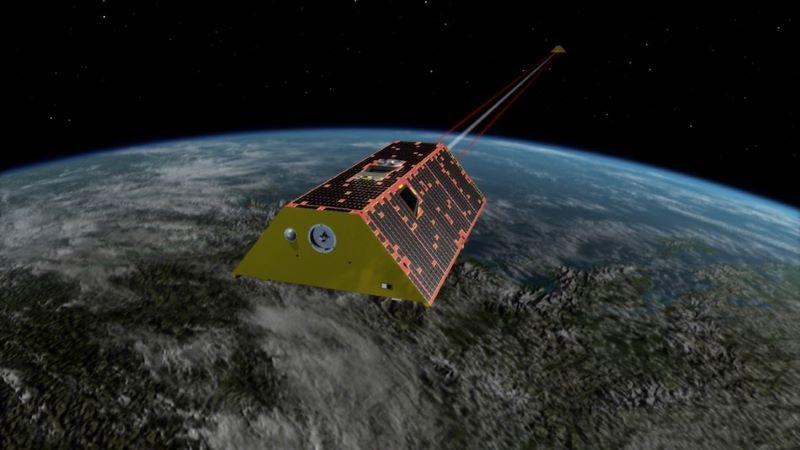
- galaxy
- 18 Nov 2024 04:59 PM
- NASA GRACE mission, global freshwater loss, drought 2024, water crisis
A groundbreaking study using data from NASA and German satellites has revealed a concerning and persistent decline in Earth's freshwater reserves since May 2014. The findings, published in Surveys in Geophysics, highlight a significant reduction in the amount of freshwater stored on land, including in lakes, rivers, and underground aquifers. This shift, tracked by the Gravity Recovery and Climate Experiment (GRACE) mission, suggests a transition towards drier conditions across continents, with implications for agriculture, urban areas, and natural ecosystems.
Between 2015 and 2023, global freshwater levels were found to be 290 cubic miles below the average recorded from 2002 to 2014. To put this in perspective, this is more than twice the volume of Lake Erie, one of the largest freshwater lakes in the world. Matthew Rodell, a hydrologist at NASA’s Goddard Space Flight Center, explained that the decline is largely attributed to prolonged droughts, as well as increased reliance on groundwater for agricultural and urban water demands, depleting reserves faster than they can be naturally replenished.
The study's findings align with a 2024 United Nations report on water stress, which highlighted the growing risks of water scarcity. The report emphasized the societal dangers posed by dwindling water supplies, including the increased likelihood of famine, poverty, and reliance on unsafe water sources.
Impact of Global Warming on Water Cycles The research also points to the role of global warming in exacerbating the loss of freshwater. Rising temperatures intensify evaporation and increase the atmosphere’s capacity to retain moisture, which, in turn, leads to more extreme rainfall events. However, despite the increase in rainfall intensity, the research suggests that prolonged dry spells between these events prevent soil from adequately absorbing water, thereby worsening drought conditions.
Persistent Trends Raise Concerns One of the key findings of the study is that freshwater levels have not rebounded even after the significant El Niño event of 2014-2016, which had caused shifts in atmospheric patterns and contributed to widespread droughts. Rodell pointed out that 13 of the 30 most severe droughts since 2002 occurred after 2015, further underlining the troubling trend. While the exact connection to climate change remains unclear, the study notes that the timing of these events coincides with record-high global temperatures, raising concerns about the long-term stability of freshwater resources.
Uncertainties and Monitoring Efforts Hydrologist Susanna Werth from Virginia Tech, who was not involved in the study, cautioned that predicting long-term trends in freshwater reserves is difficult due to uncertainties in climate models. Despite this, she emphasized the importance of closely monitoring current trends, as their implications could significantly impact future water availability for billions of people.
As the global demand for freshwater increases amid worsening droughts and climate extremes, experts are urging greater investment in sustainable water management practices and innovative solutions to safeguard water resources for future generations.






































